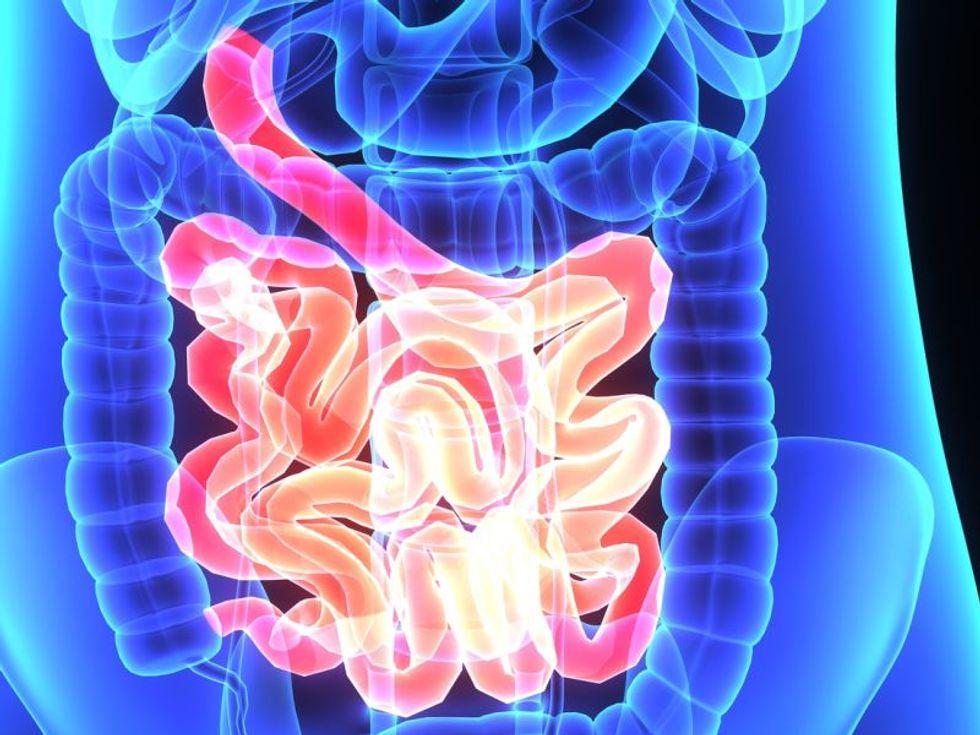A recent study published in eBioMedicine has found that adding a cup of beans to the diet can have significant benefits for patients with a history of colorectal neoplasia. The study, conducted by researchers from The University of Texas MD Anderson Cancer Center, aimed to investigate the effects of a dietary intervention on the gut microbiota of obese surveillance patients with a history of colorectal neoplasia.
The study involved 55 patients who were randomly assigned to either continue their usual diet without beans or to add a daily cup of study beans to their diet. After 8 weeks, the patients crossed over to the other group. The results showed that 87% of patients completed the 16-week trial, indicating good compliance to the intervention.
The researchers found that adding beans to the diet resulted in an increase in the diversity of gut bacteria, as well as shifts in multiple bacteria associated with prebiotic efficacy. Specifically, there were increases in Faecalibacterium, Eubacterium, and Bifidobacterium. These changes in the gut microbiome were accompanied by parallel shifts in nutrient and microbiome-derived metabolites in the circulating metabolome. There were increases in pipecolic acid and decreases in indole, which returned to previous levels when the patients returned to their usual diet.
Interestingly, the addition of beans to the diet did not have a significant impact on circulating lipoproteins. However, proteomic biomarkers of intestinal and systemic inflammatory response and fibroblast-growth factor-19 showed increases, while interleukin-10 receptor-α showed a decrease.
The authors of the study conclude that adding one cup of navy beans to the diet on a regular basis can be a safe and effective way to modulate the gut microbiome of high-risk patients. This dietary strategy is particularly useful for patients who may be unwilling or unable to make more drastic changes to their usual diet without additional support.
Colorectal neoplasia is a term used to describe abnormal growths in the colon or rectum that can develop into cancer. It is a common condition, particularly in older adults. Previous research has shown that a healthy diet can help reduce the risk of colorectal neoplasia. This study adds to the growing body of evidence supporting the beneficial effects of beans on gut health.
Beans are a rich source of fiber, protein, and essential nutrients. They have long been known for their health benefits, including promoting digestion, lowering cholesterol levels, and aiding in weight management. The findings of this study suggest that beans can also play a role in preventing colorectal cancer by modulating the gut microbiome.
The gut microbiome is a complex community of microorganisms that live in the digestive tract. It plays a crucial role in maintaining overall health, including digestion, immune function, and metabolism. Imbalances in the gut microbiome have been linked to various health conditions, including colorectal cancer.
Overall, this study highlights the potential of beans as a dietary intervention for patients at high risk of colorectal neoplasia. Incorporating beans into the diet can have a positive impact on the gut microbiome, which may help regulate host markers associated with metabolic obesity and colorectal cancer. Further research is needed to fully understand the mechanisms behind these effects and to confirm the long-term benefits of beans in this context.
*Note:
1. Source: Coherent Market Insights, Public sources, Desk research
2. We have leveraged AI tools to mine information and compile it


